eco-friendly Wooden Packaging
In an era where environmental concerns are at the forefront of global conversations, eco-friendly packaging is no longer a mere trend but a critical necessity. As the world grapples with the devastating effects of climate change, waste management, and resource depletion, the packaging industry is undergoing a transformative shift. Companies are now compelled to rethink their packaging strategies, moving away from single-use plastic packaging and unsustainable materials.
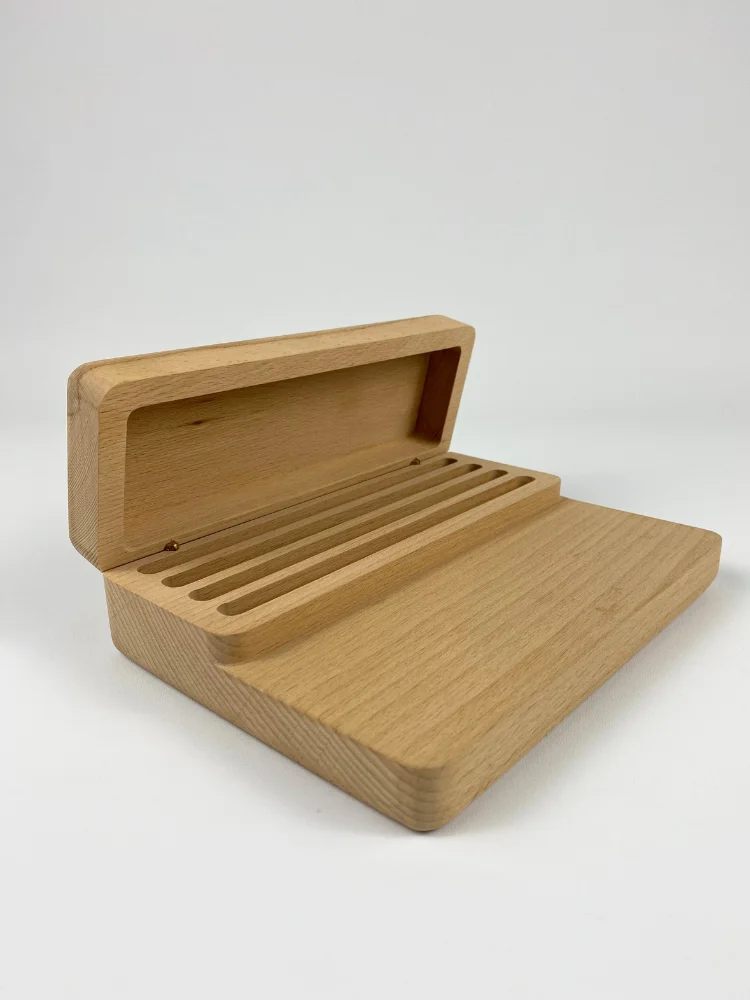
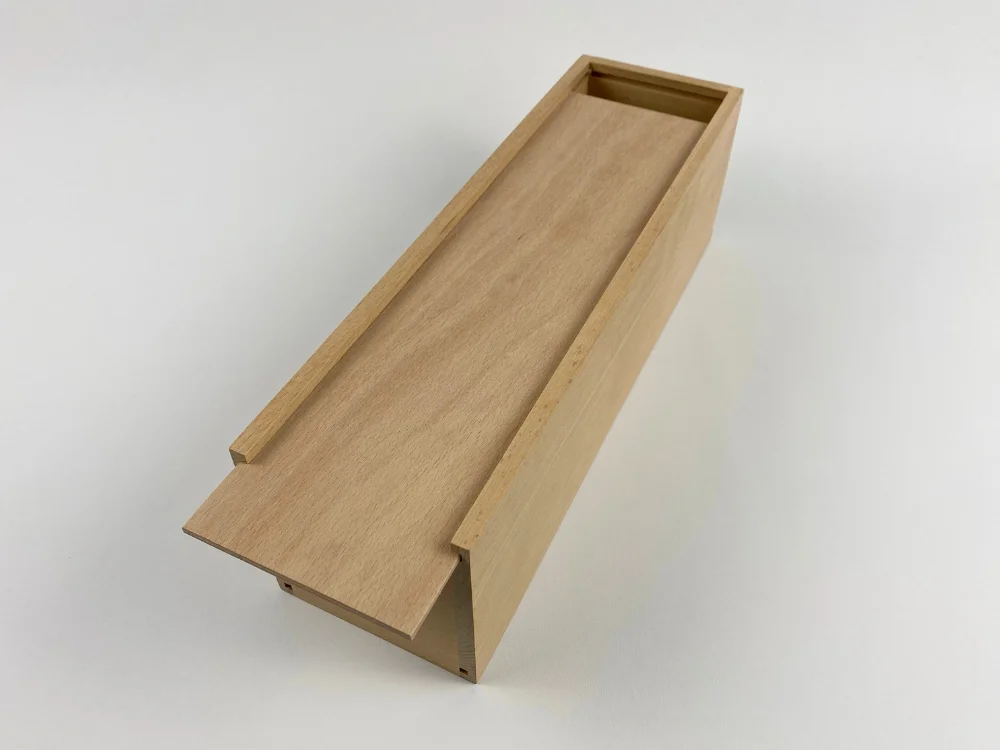
The Importance of Wooden Boxes in
Eco-Packaging
Wooden boxes have emerged as champions in the realm of sustainable, packaging innovations. These eco-friendly packaging solutions offer a harmonious blend of functionality, aesthetic appeal, and environmental responsibility. Unlike plastic or metal, wood comes from renewable sources and is in some cases biodegradable, ticking off key boxes in the sustainability checklist.
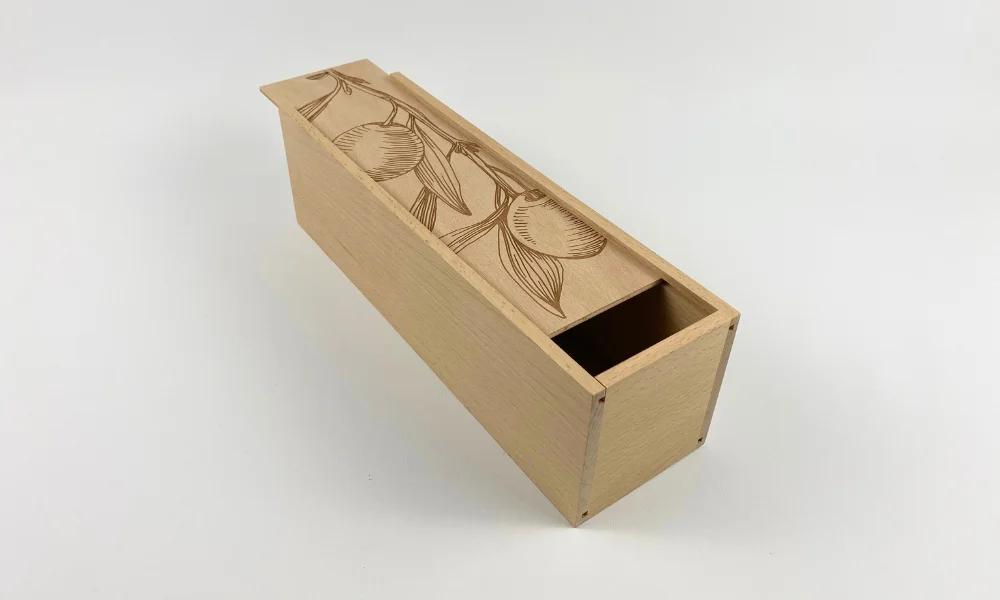
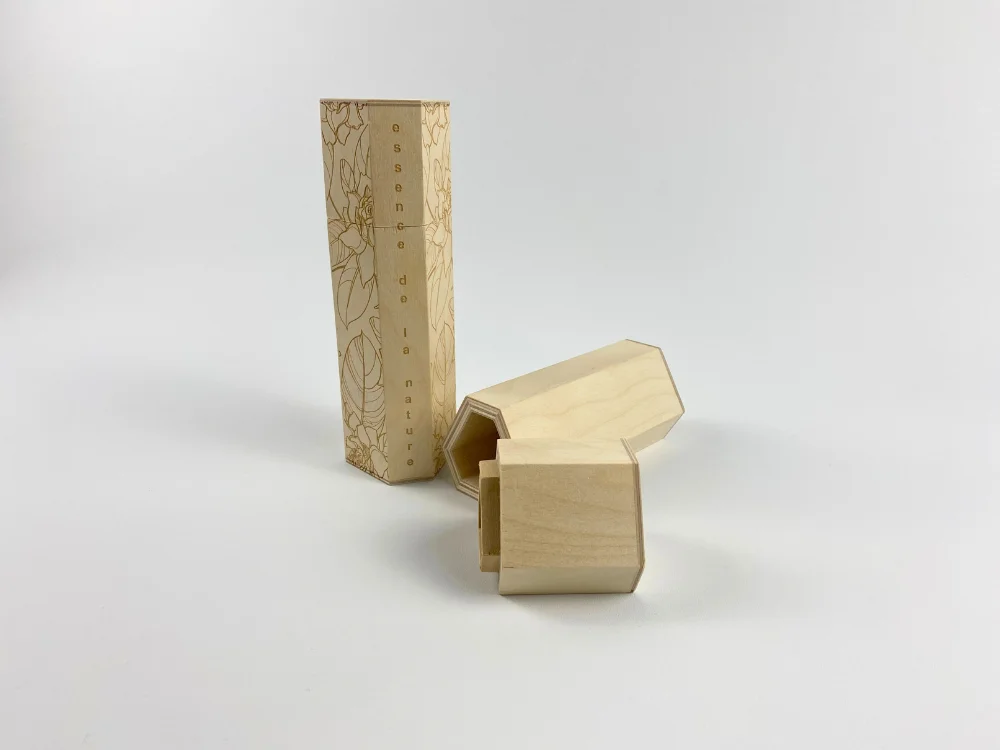
Consumer Awareness Driving the Shift Toward Sustainable Packaging
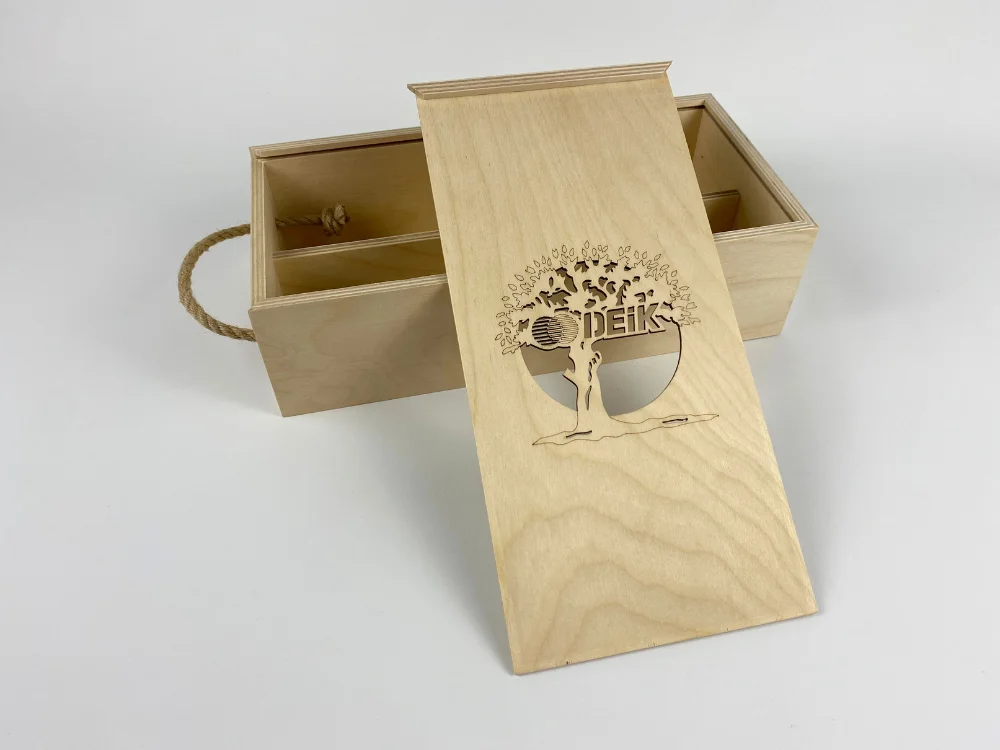
The Need for an
Eco-Friendly Packaging Solution
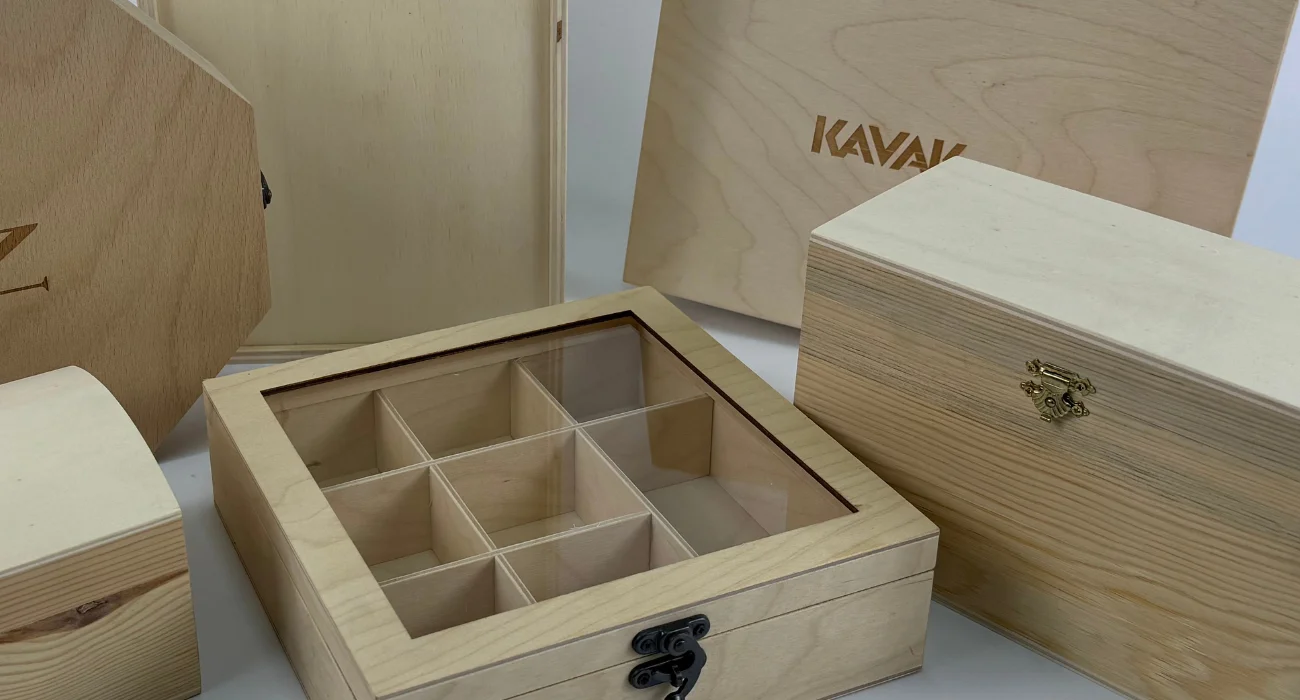
Environmental Impact of Traditional Packaging Materials
Traditional packaging materials like plastic and styrofoam have long been the go-to options for their cost-effectiveness and convenience. However, the environmental toll of these materials is staggering. They contribute to landfill waste, ocean pollution, and emit harmful chemicals when incinerated. The need for sustainable packaging materials has never been more urgent.
REGULATORY LANDSCAPE SHAPING SUSTAINABLE PACKAGING
Talk To Us
About Your Project
Benefits of Wooden Eco-Friendly Packaging
Sustainability, Environmental Impact and Carbon Footprint
Wooden boxes stand as a testament to what sustainable packaging can achieve. Sourced from responsibly managed forests, these boxes are a renewable resource that can be recycled and ultimately biodegrade, leaving minimal carbon footprint. Unlike plastic and packaging waste, which can take hundreds of years to decompose, wooden boxes return to nature much more quickly, contributing to a healthier planet.
Durability and Longevity
When it comes to durability, wooden boxes are unparalleled. Their robust construction ensures that they can withstand considerable weight, making them ideal for shipping heavy or fragile items. This durability translates into longevity, as wooden boxes can be reused multiple times, offering an eco-friendly, flexible packaging solution that stands the test of time.
Aesthetic Appeal
The aesthetic qualities of wooden boxes are often understated. The natural grain patterns, the rich hues, and the tactile texture of wood add a touch of luxury and sophistication to any product. For brands aiming to position themselves as premium or artisanal, wooden boxes offer an aesthetic advantage that is hard to ignore.
Versatility in Customisation
Wooden boxes offer a canvas for creativity. Whether it’s intricate carvings, brand logos, or bespoke dimensions, the possibilities for customisation are endless. This versatility allows brands to create unique packaging that resonates with their identity, enhancing brand loyalty and customer engagement.
Safety and Non-Toxicity
One of the lesser-known benefits of wooden boxes is their non-toxic nature. Wood doesn’t leach harmful chemicals into the products it houses, making it a safe choice for food and cosmetic packaging. This safety feature is particularly crucial for brands that prioritise organic and natural products.
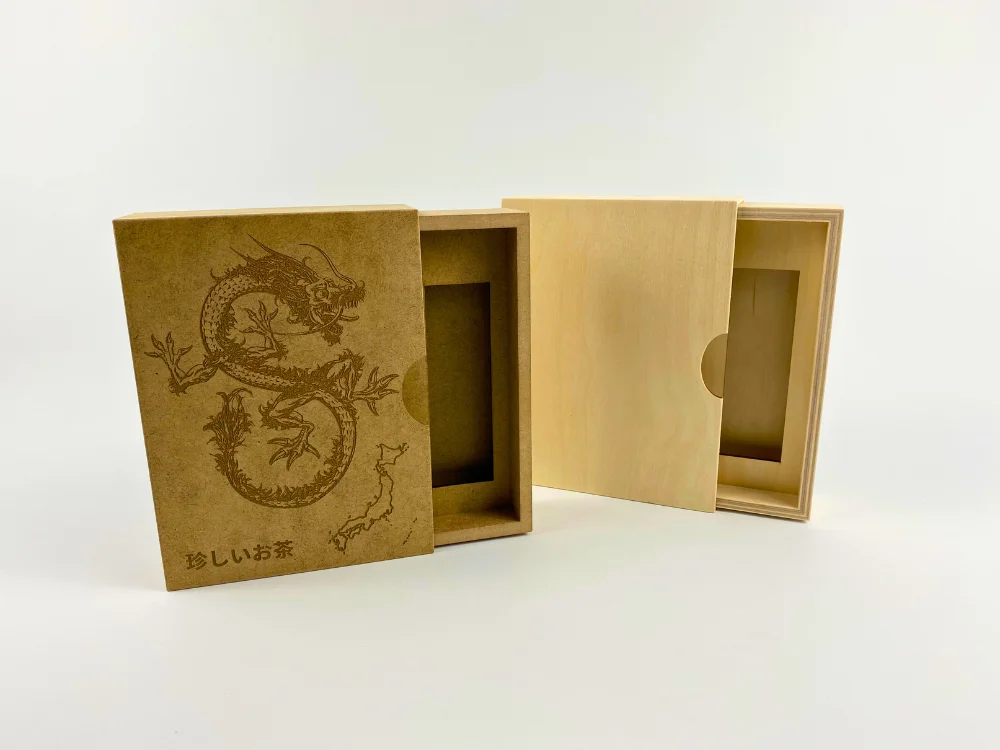
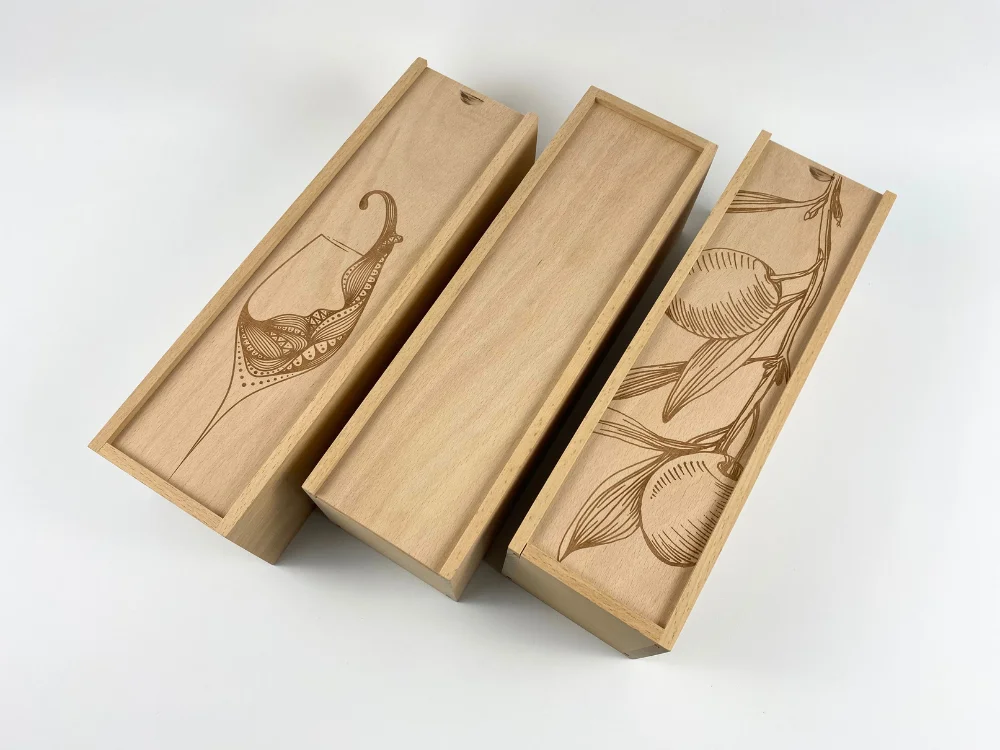
Why We Say Wood is Better Than Cardboard
Durability and Strength
While cardboard is a commonly used packaging material, it pales in comparison to wood when it comes to strength and durability. Wooden boxes can hold heavier items and are less susceptible to damage from moisture or external pressure, making them a reliable choice for presentation, shipping and storage.
Aesthetic Qualities
Cardboard lacks the visual appeal that comes naturally to wood. The rich textures and colours of wood offer a premium look and feel that cardboard simply cannot match. For brands looking to make a lasting impression, wooden boxes are the way to go.
Environmental Benefits
Reusability and Longevity
The reusability factor of wooden boxes is a significant advantage over cardboard. While cardboard boxes often end up in the recycling bin after a single use, wooden boxes are likely to be repurposed or reused, reducing waste and promoting a circular economy.
Reusability and Brand Recognition
The Likelihood of Reuse
The inherent durability and aesthetic appeal of wooden boxes make them prime candidates for reuse. Whether it’s for storage, as a decorative item, or even as a gift box, the likelihood of a consumer reusing a wooden box is exceptionally high. This reusability and recycled content not only minimizes waste but also extends the lifecycle of the packaging, contributing to a more sustainable future.
Environmental Benefits of Reusing Wooden Boxes
The environmental impact of reusing wooden boxes cannot be overstated. Each time a box or raw material is reused, it reduces the need for new packaging materials, thereby conserving resources and energy. This cycle of reuse contributes to waste minimisation and promotes a more sustainable form of consumer behaviour.
Long-term Brand Visibility Due to Reusability
Imagine a beautifully crafted wooden box, adorned with your brand’s logo, sitting on a consumer’s coffee table for years. The long-term brand visibility afforded by such reusable product packaging is invaluable. It keeps your brand at the forefront of consumers’ minds, subtly encouraging them to engage with your products again.
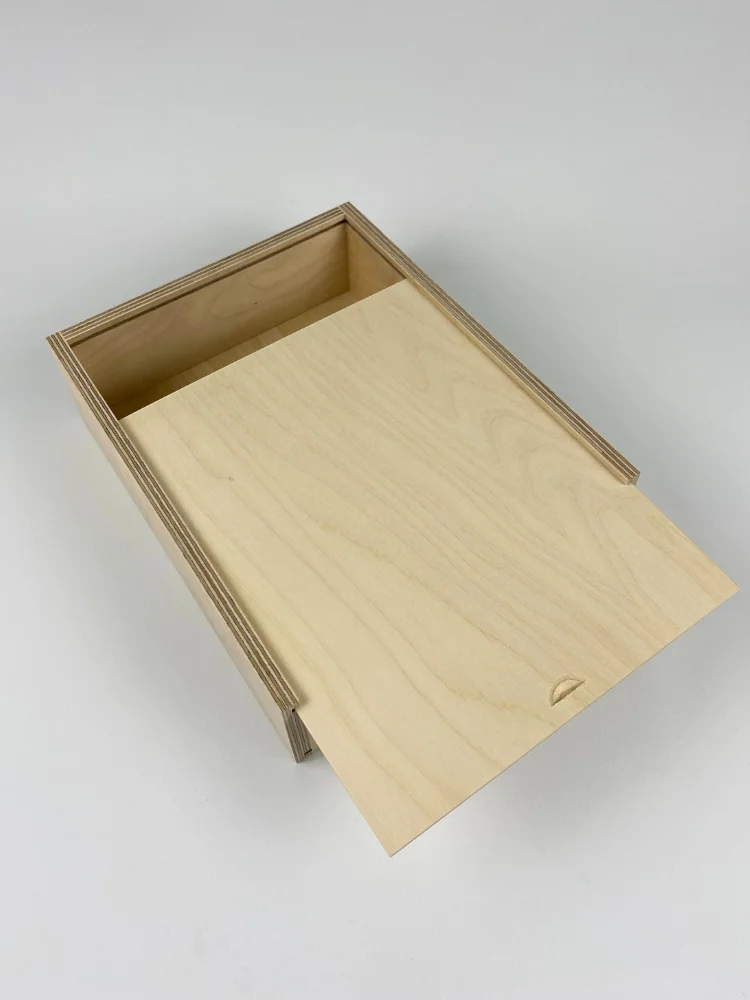
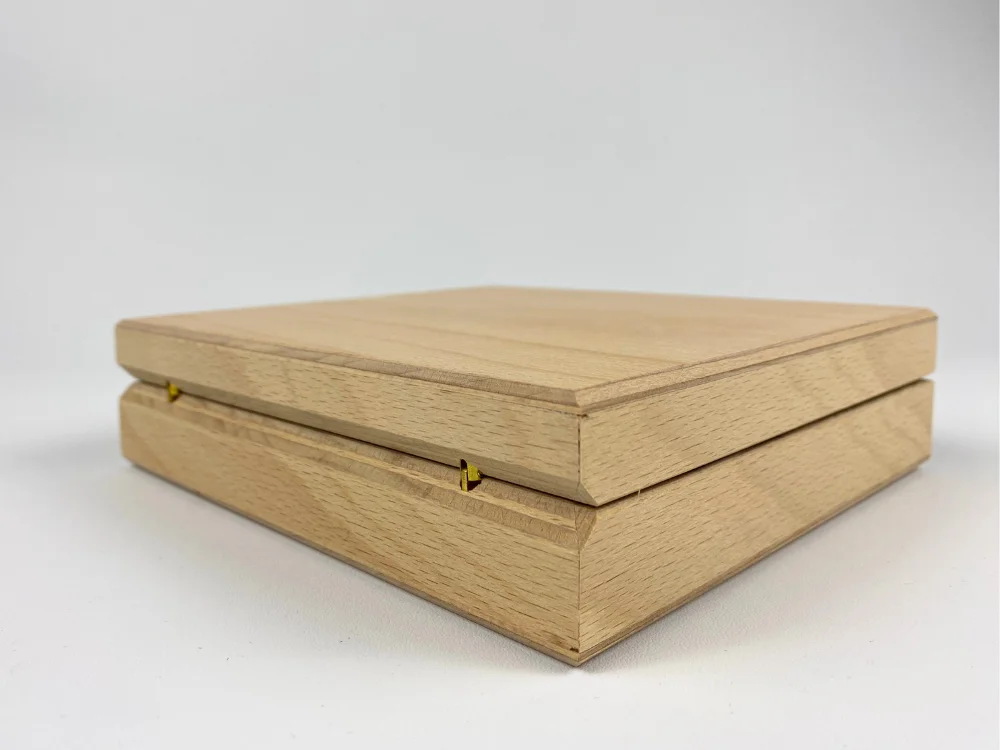
The Manufacturing Process
Sourcing of Sustainable Wood and Fabrics
The first step in creating eco-friendly packaging is sourcing sustainable raw materials. Whether it’s FSC-certified wood or organic fabric, the focus is on materials that have a low environmental impact. Ethical sourcing of recycled materials is not just good for the planet; it’s also a selling point that resonates with eco-conscious consumers.
Design and Prototyping
Manufacturing and Quality Control
Packaging and Shipping
What Are the Costs Involved?
While eco-friendly packaging options like wooden boxes may have a higher upfront cost, they offer long-term value. Their durability and reusability mean fewer replacements over time, translating to cost savings. Moreover, the positive brand image associated with sustainable practices can drive customer loyalty, offering intangible yet significant financial benefits.

